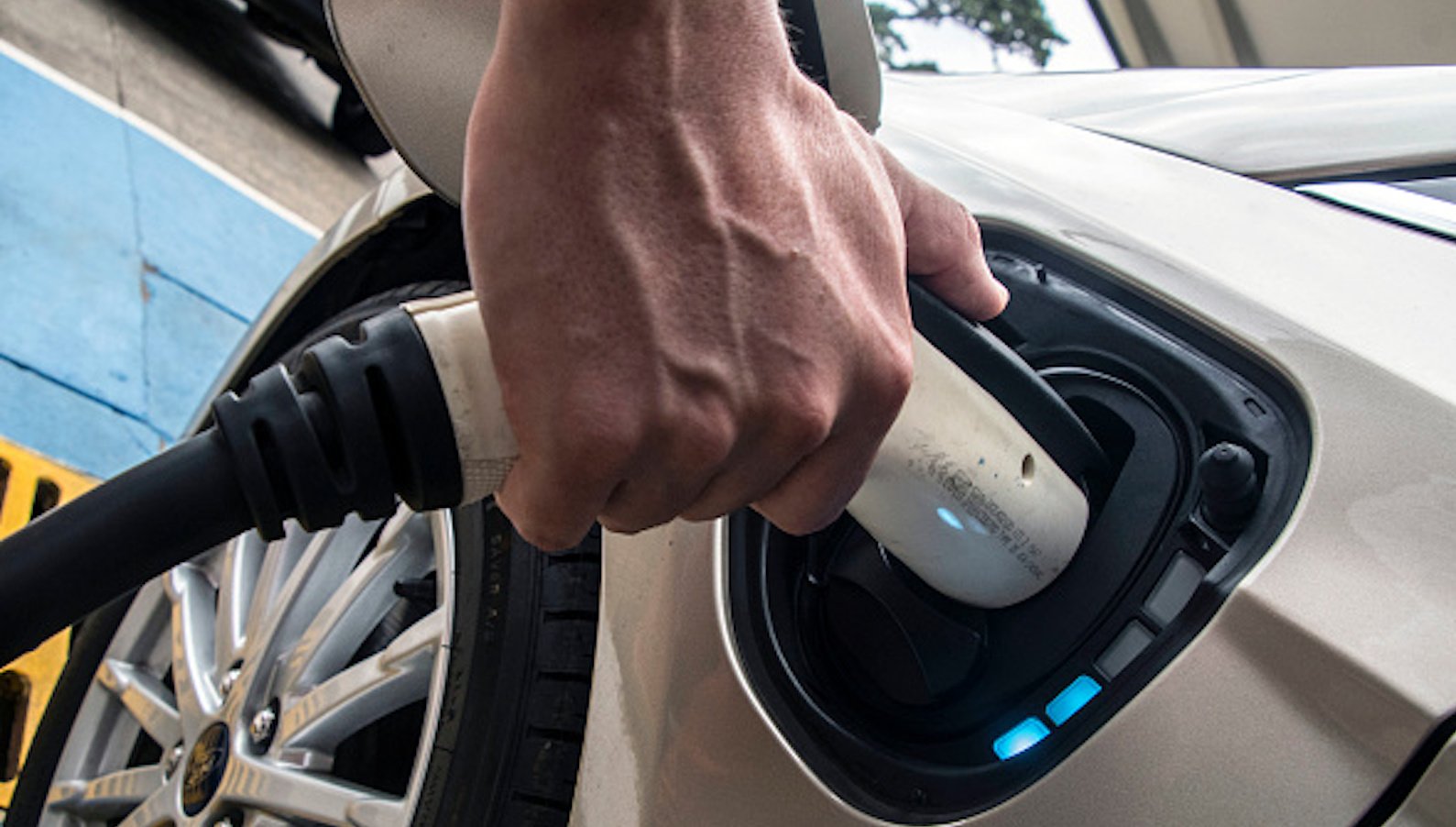Several automakers, according to Rimbawatch, a deforestation watchdog, are misrepresenting to consumers that their electrical vehicles (EVs) emit zero emissions.

Several automakers, according to Rimbawatch, a deforestation watchdog, are misrepresenting to consumers that their electrical vehicles (EVs) emit zero emissions.
The group asserted that Malaysia’s carbon emission rate from EV use would still be significantly high due to the nation’s heavy reliance on coal for the majority of its electricity needs.
According to data from 2021, coal accounts for more than half of the energy produced by Tenaga Nasional Berhad. 34.4% of the total is petrol. Only 6.4% of TNB’s power comes from renewable sources.
It said in a statement that increasing EV ownership won’t significantly lessen the effects of widespread use of petrol-powered cars unless power producers make the switch to cleaner energy quickly.
“RimbaWatch is concerned about the spate of greenwashing surrounding the promotion of electric vehicles (EVs) as ‘zero-emissions’ in Malaysia, which could deceive consumers into thinking they have achieved net-zero personal mobility,” the group said.
With an energy mix that is over 90 per cent derived from fossil fuels, the emissions factor for peninsular Malaysia’s electricity grid is 0.55kg carbon dioxide (CO2) per kWh. Rimbawatch said using this data, it conducted its own analysis to calculate how much certain EVs emit carbon based on how much electricity is used per kilometre.
For instance, a Mini Cooper SE emits 0.083 kg of CO2 per mile. A Mercedes-Benz EQS uses up to 0.086kg CO2 per kilometre, compared to 0.086kg for a BYD Atto 3. A high-end SUV, the BMW iX1, emits up to 0.095 kg of CO2 per mile.
The Perodua MyVi, which runs on petrol, emits about 0.1 kg of CO2 per mile in comparison.
Manufacturers promoted these models as having “zero emission,” which is why they were singled out, according to Rimbawatch. The group calculated that each of the listed EV models would have released up to 2 tonnes of CO2 in a year.
According to the group, manufacturers should disclose the emissions per km of their electric vehicle (EV) products based on the electricity grid’s emission factor in Peninsular Malaysia at a particular time. Additionally, it requests that automakers disclose the total emissions generated during the production of each model of vehicle, including both gasoline- and electric-powered vehicles.
By 2050, Putrajaya wants the nation to be “carbon-neutral.” As one method of reducing emissions, policymakers have sought to expand EV use during the Anwar administration.
Nik Nazmi Nik Ahmad, the minister of natural resources, the environment, and climate change, was quoted as saying in March that the government wants at least 1.4 million electric vehicles (EVs) on the road by 2040 and is working to help build the infrastructures required to support the transition to electrification.
The decision has drawn mixed reviews. Although EVs can help offset carbon emissions, the impact is minimal, according to environmentalists, despite the support of the auto industry. They contended that switching to public transport powered by electricity would be a better objective.
“RimbaWatch supports the growth of EV ownership in Malaysia generally. The majority of EVs would, in fact, produce fewer emissions per mile over the course of their lifetimes than conventional cars, the group claimed.
However, it continued, “EVs are not a silver bullet for combating climate change,” citing TNB’s goals to achieve only a 35% reduction in emissions by 2035 and a 50% reduction in coal capacity by 2050.
The group claimed that emissions from the grid “will remain for the foreseeable future” unless these targets are improved.
Critics also asserted that EVs are unlikely to alleviate the nation’s “crisis-level” traffic congestion issues. The low use of public transport, the development of inaccessible car-centric city planning, or the transfer of emissions from the exhaust pipe to the power plant are all potential consequences of EV ownership.
Rimbawatch added: “Furthermore, the above analysis does not account for the higher emissions related to the manufacturing of an EV over a regular vehicle and their other associated environmental impacts.
The fact is that emissions from personal mobility, including those from petrol and electric vehicles, continue to be a serious problem that is not adequately addressed.